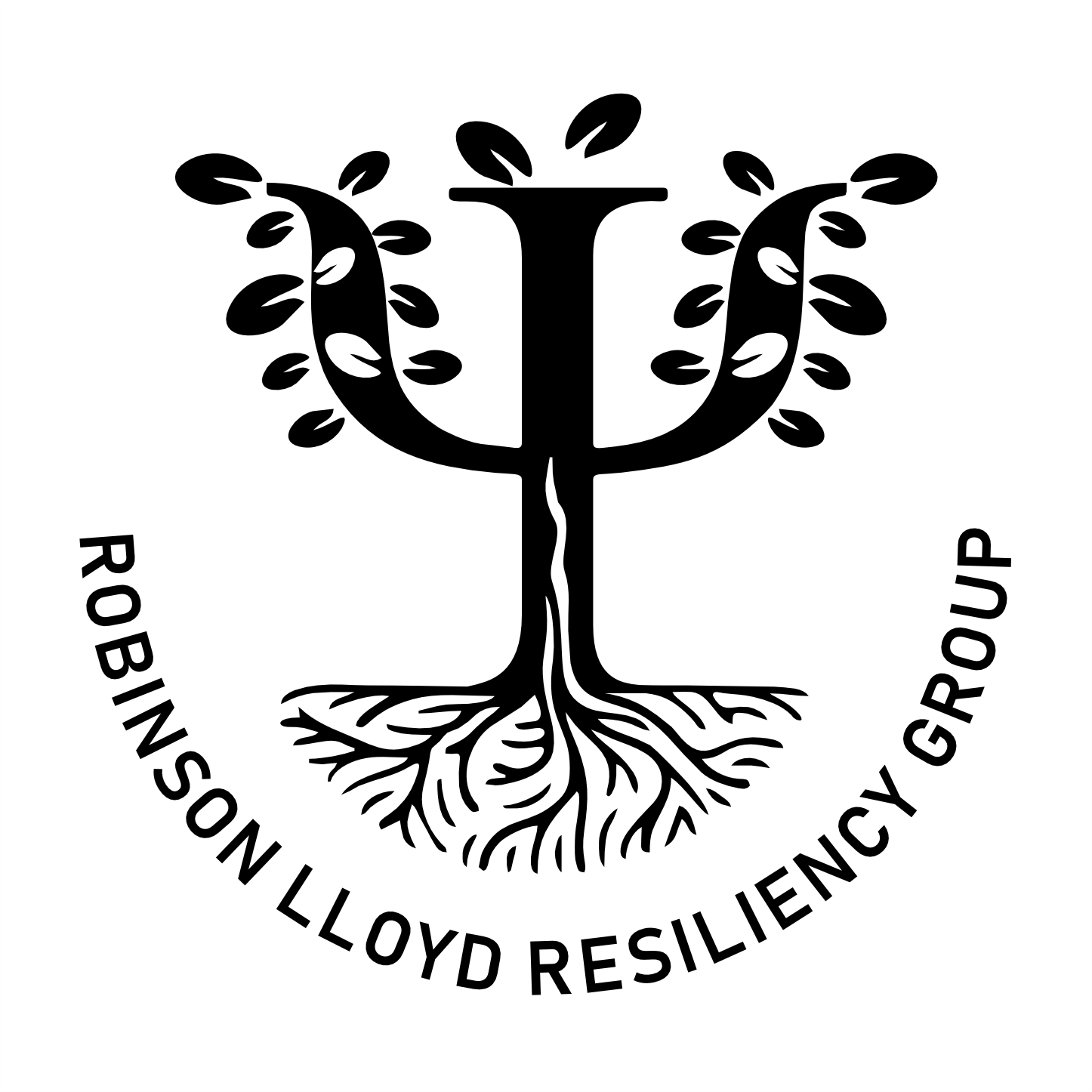The Profound Connection Between Gratitude and Resilience.
“It was both the worst thing and the best thing that could happen to me,” Sammy stated.
Gratitude, the practice of acknowledging and appreciating the positive aspects of life, emerges as a powerful force intertwined with resilience.
Every week, we share Insights on enhancing students’ resilience. This week’s Insight explores the profound connection between gratitude and resilience, demonstrating how cultivating gratitude serves as a cornerstone for navigating life’s challenges with strength and adaptability.
1. Positive Psychology and Gratitude: Positive psychology research, as pioneered by Martin Seligman, highlights the impact of gratitude on overall well-being and mental health (Seligman, Steen, Park, & Peterson, 2005). Gratitude acts as a catalyst for positive emotions, fostering a mindset conducive to resilience.
2. Enhanced Coping Mechanisms: Grateful students tend to develop more effective coping mechanisms in the face of adversity (Wood, Joseph, & Linley, 2007). Finding gratitude amid challenges cultivates a resilient spirit, allowing students to confront and overcome difficulties.
3. Shift in Perspective: Gratitude prompts a shift in perspective from what is lacking to what is present. This reframing of thoughts contributes to a more resilient mindset (Emmons & McCullough, 2003). Acknowledging blessings, even in difficult times, facilitates adaptive responses to stressors.
4. Building Social Support Networks: Gratitude strengthens social bonds by promoting prosocial behavior (Algoe, 2012). As students express gratitude, they foster positive relationships. Strong social support is a key component of resilience, providing a foundation for emotional well-being during challenging times.
5. Neuroscientific Basis: Neuroscientific studies indicate that practicing gratitude stimulates brain regions associated with reward and empathy (Fox et al., 2015). These neural changes contribute to heightened emotional regulation, a crucial element in building resilience.
6. Mindfulness and Gratitude Practices: Mindfulness practices often incorporate gratitude, emphasizing the present moment and encouraging students to appreciate what they have (Kabat-Zinn, 2003). Mindful gratitude fosters emotional resilience by promoting a balanced and centered response to fluctuations.
As students weave gratitude into their daily lives, they nurture a positive mindset and fortify themselves against life’s uncertainties. The connection between gratitude and resilience serves as an invitation to embrace gratitude as a fundamental practice in the pursuit of enduring strength and adaptability.

